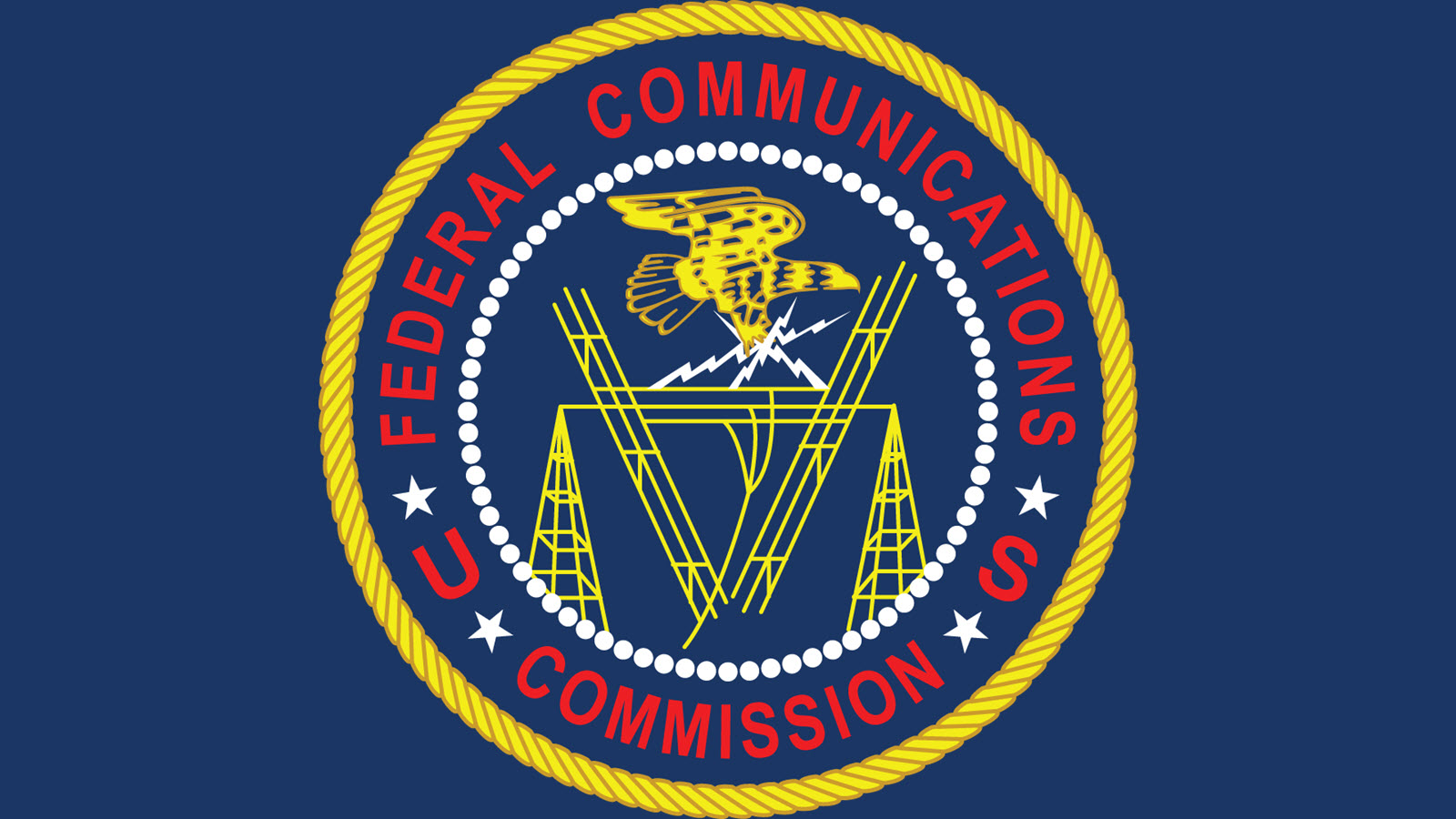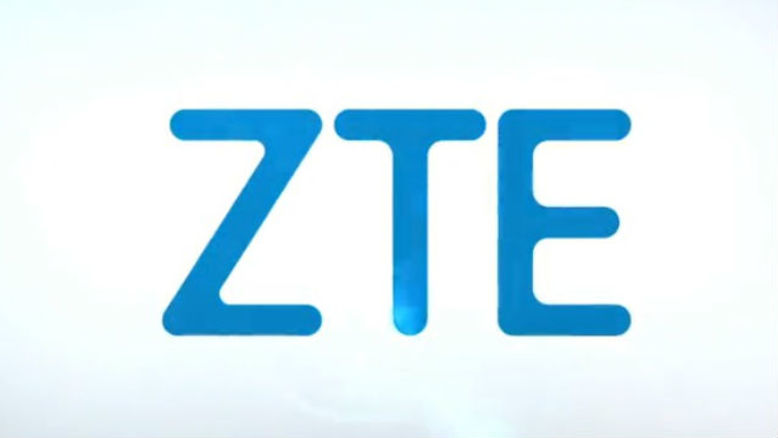Huawei: FCC Trying to Blacklist Handful of Companies

The smarter way to stay on top of broadcasting and cable industry. Sign up below
You are now subscribed
Your newsletter sign-up was successful
Chinese telecom Huawei told the FCC this week that its proposal to exclude some Chinese companies' technology from Universal Service Fund broadband subsidy support is both legally and factually deficient.
Related: CCA Opposes Ban on Suspect Suppliers
That came in comments in response to a Notice of Proposed Rulemaking the FCC approved in April.
Huawei framed it as a big loss for the U.S., saying the country "cannot afford to become the only country in the world that lacks access to the best communication technologies," including the company's leadership in the kind of 5G tech the U.S. needs.
"Allowing Huawei to compete freely could yield savings of at least $20 billion in building U.S. mobile infrastructure between 2017 and 2020, which would likely be passed through to consumers," the company said.
That was the practical impact, it said. The legal problem is that the rule would exceed the FCC's authority, it said. "Most commenters agree that the FCC’s authority over the Universal Service Fund does not encompass national-security concerns, and interjecting such concerns into the funding process would violate the statutory universal service principles."
FCC chairman Ajit Pai back in March proposed to ban the use of money from the FCC's Universal Service Fund for equipment or services from "companies that pose a national security threat to United States communications networks or the communications supply chain."
The smarter way to stay on top of broadcasting and cable industry. Sign up below

The proposal in part stemmed from a Dec. 20 letter from Congress expressing concerns about Chinese companies Huawei and ZTE, plus a follow-up intelligence briefing, both of which were described as impetuses to the effort to monitor the supply chain, senior FCC officials speaking on background said.
The intelligence community has said Huawei and ZTE are effectively acting as conduits for the Chinese government, but Huawei countered: "The reality is that it is an independent, privately-owned business that is no more subject to the control of the Chinese Government than American companies are controlled by the U.S. Government."
Contributing editor John Eggerton has been an editor and/or writer on media regulation, legislation and policy for over four decades, including covering the FCC, FTC, Congress, the major media trade associations, and the federal courts. In addition to Multichannel News and Broadcasting + Cable, his work has appeared in Radio World, TV Technology, TV Fax, This Week in Consumer Electronics, Variety and the Encyclopedia Britannica.

